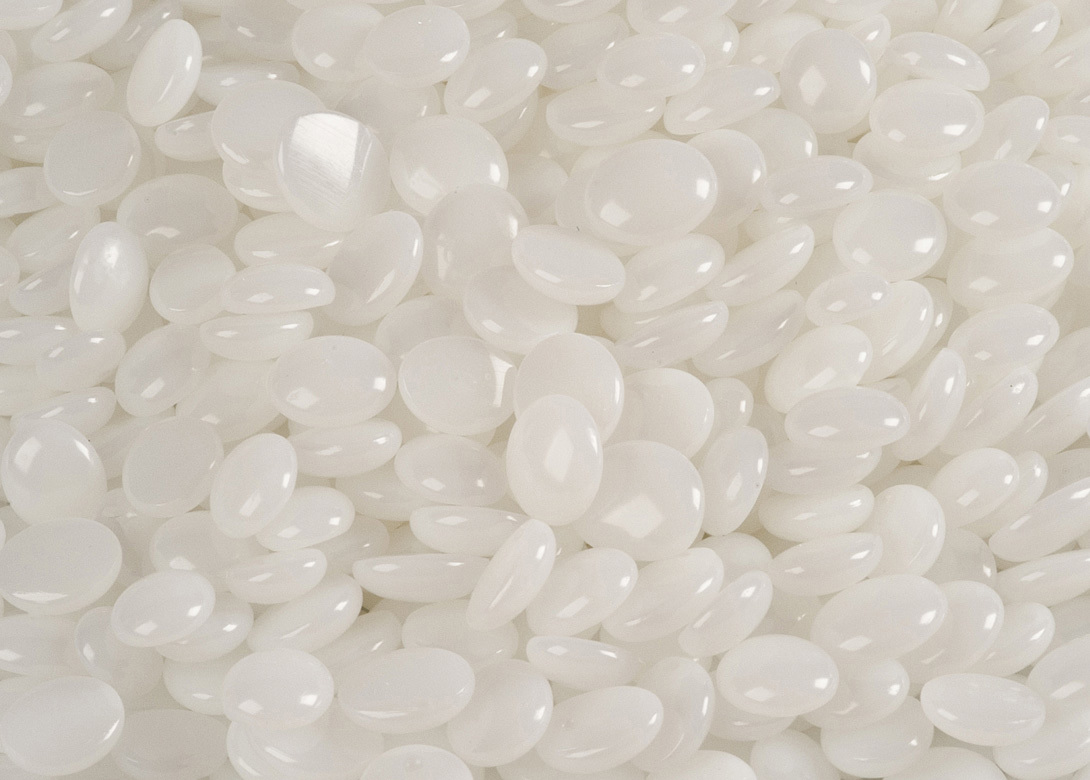
Across a number of industries, manufacturers are noticing the benefits of using adhesives over mechanical fasteners. Here, Beardow Adams Ltd, a UK-based hot melt adhesive manufacturer explains how adhesives can help improve product performance, as well as the manufacturing process.
Unlike mechanical fasteners, adhesives do not damage a surface during the manufacturing process. Instead they distribute stress evenly along the length of the bond, reduce the weight of a product, as well as help manufacturers increase their production speed.
Adhesives are used in almost every industry with transportation – aerospace, automotive and marine – with manufacturers in these industries leading the way in adopting the latest adhesive technologies since realising that adhesives are better for the environment and can reduce costs, time, and weight while preserving and/or improving performance.
Manufacturers are recognising when to choose adhesives over mechanical fasteners by looking for indicators in the manufacturing process and a product’s environment. Examples of some important indicators are when there is a need to bond different metals, and for metals to be exposed to thermal cycling. Adhesives are also preferred when products will be exposed to water and/or chemicals that may damage or penetrate other mechanical fasteners.
Another popular reason to choose an adhesive over a mechanical fastener is to lower the weight of a finished product. Adhesives can be a lot lighter than mechanical fasteners – up to 15%. For transportation industries reducing weight is very important. A slight reduction in an aircraft’s weight leads to a significant reduction in operational costs over the lifetime of a plane. Lowering the weight of cars and boats can lead to significant fuel savings. Any weight reduction could make a product more portable, reduce shipping costs, and enable the installation of additional component parts that give a product new abilities and/or a competitive advantage.
Furthermore, adhesives help to rigidify individual components with mechanical stress being evenly distributed along the full length of the bond whilst other mechanical fasteners focus the stress at the bond points. This concentration of stress creates problems for the substrates, requiring the entire component to be thicker or needing additional material to support the stress focused on each point.
Cost savings from using a hot melt adhesive can also be realised in several ways. Adhesives may offer lower material costs per application than mechanical fasteners, as well as labour costs being less when compared to other fastening methods. Using adhesives can also reduce ordering, shipping and stocking costs, as they eliminate the need to stock screws and bolts of different shapes and sizes.
Hot melts are also preferred by many manufacturers because they can cool down quickly and dry almost instantly, unlike water-based and solvent-based adhesives, providing an ultra-fast method of bonding. This gives manufacturers the option to increase their production line speed, making the entire manufacturing process more efficient. This is perhaps one of the biggest selling points for adhesives. Furthermore hot melt tanks can be turned on and off easily, or even left on standby, without the need to completely clean down or flush the system – another manufacturing advantage.
Beardow Adams offers two ranges of hot melt adhesives that are suitable for use in construction and automotive industries – the Prodas™ hot melt range and the Pressen™ hot melt pressure sensitive range.
The Prodas™ range of high performance hot melt adhesives has set new standards in product assembly –
meeting the demands of designers and engineers in the production of domestic, commercial and industrial products. The adhesives provide manufacturers with high adhesion, high temperature resistance, as well as the ability to bond cleanly and securely to most engineering materials. Hot melts also enable manufacturers to noticeably improve product quality and appearance because they can dispense with nails, screws and other unsightly fixings.
Prodas™ adhesives can be found in a number of different applications including the filter industry, where they have helped to provide cleaner air and functional filtration products. Furthermore, Prodas™ hot melts are used for tile spacing where they are used to separate tiles to protect the tile surface. The adhesives are made with non-staining material, as decorated surfaces must not be left with any residual marks, providing sufficient adhesion to remain in place during the production process, storage and transportation, and are easy to remove on use. Prodas™ adhesives can also be found in gasketing, construction and insulation, as well as mattress and furniture assembly applications.
Also available from Beardow Adams are Pressen™ hot melt pressure sensitive adhesives (PSA), used to produce self-adhesive tapes, label stock, closures, seal-strips, insulation, and other self-adhesive coatings. With only light pressure from a machine or by hand, PSA materials form a bond, making them ideal for use in temporary and permanent applications. The availability of bio-based materials makes them a sustainable gluing option.
The natural elasticity of the PSAs lets them move and flex within use; to absorb and then dissipate energy upon impact, making them great for security closures as well as industrial uses. These features also enable PSAs to excel at bonding dissimilar materials such as metals to plastic, foam to card, or wood to glass. The bonding of such materials can be done at different times and locations. For example tapes or a self-adhesive coating can be applied in a factory then bonded at site – simply by peeling and sticking.
Pressen™ adhesives are also used for insulation, which involves a diverse range of substrates. Pressen™ 2007 is ideal for bonding plasterboard to insulation as it has good cold temperature performance and produces a good level of adhesion on a variety of substrates. Other uses include in the automotive industry, where the PSAs can be used for foam bonding and assembly, acoustic and vibration damping membranes, self-adhesive coil isolators, water shedders and gasketing.

Having spent a decade in the fastener industry experiencing every facet – from steel mills, fastener manufacturers, wholesalers, distributors, as well as machinery builders and plating + coating companies, Claire has developed an in-depth knowledge of all things fasteners.
Alongside visiting numerous companies, exhibitions and conferences around the world, Claire has also interviewed high profile figures – focusing on key topics impacting the sector and making sure readers stay up to date with the latest developments within the industry.
Don't have an account? Sign Up
Signing up to Fastener + Fixing Magazine enables you to manage your account details.